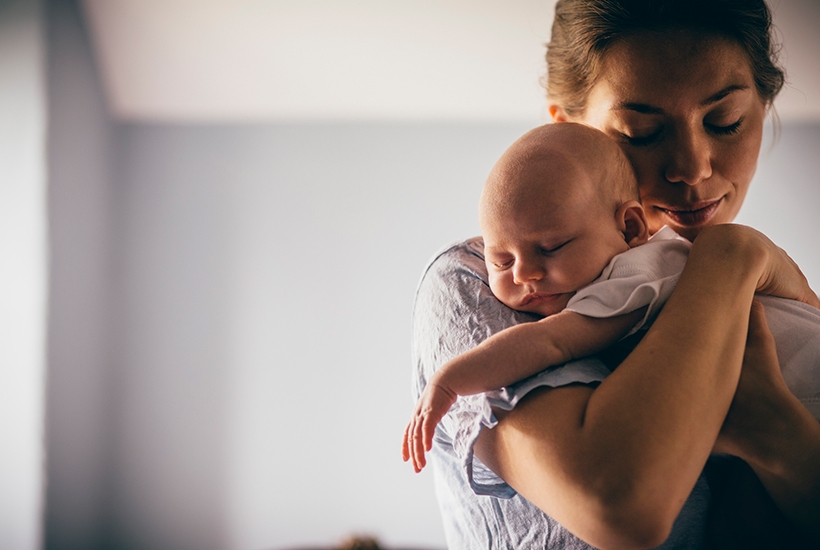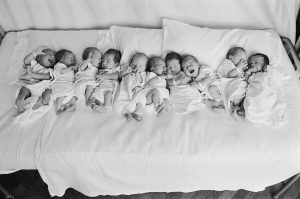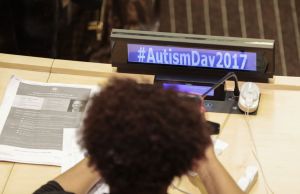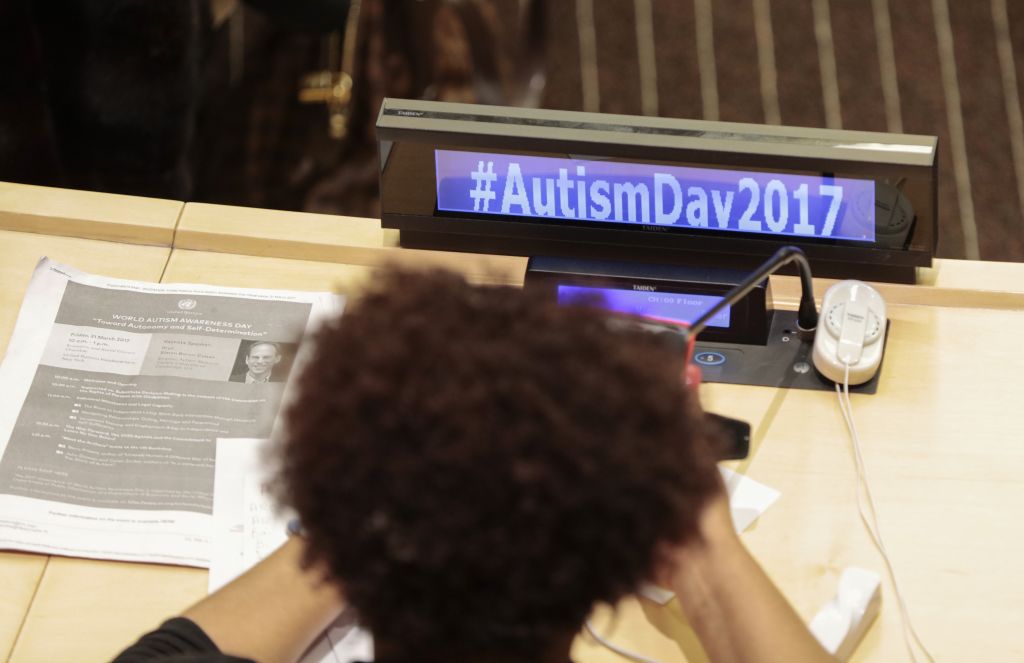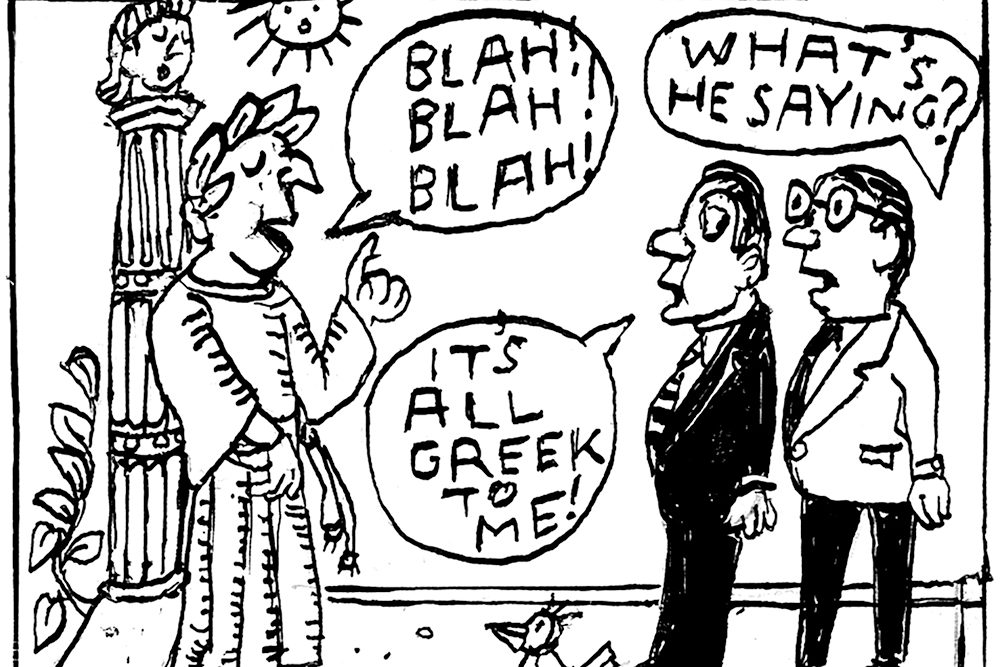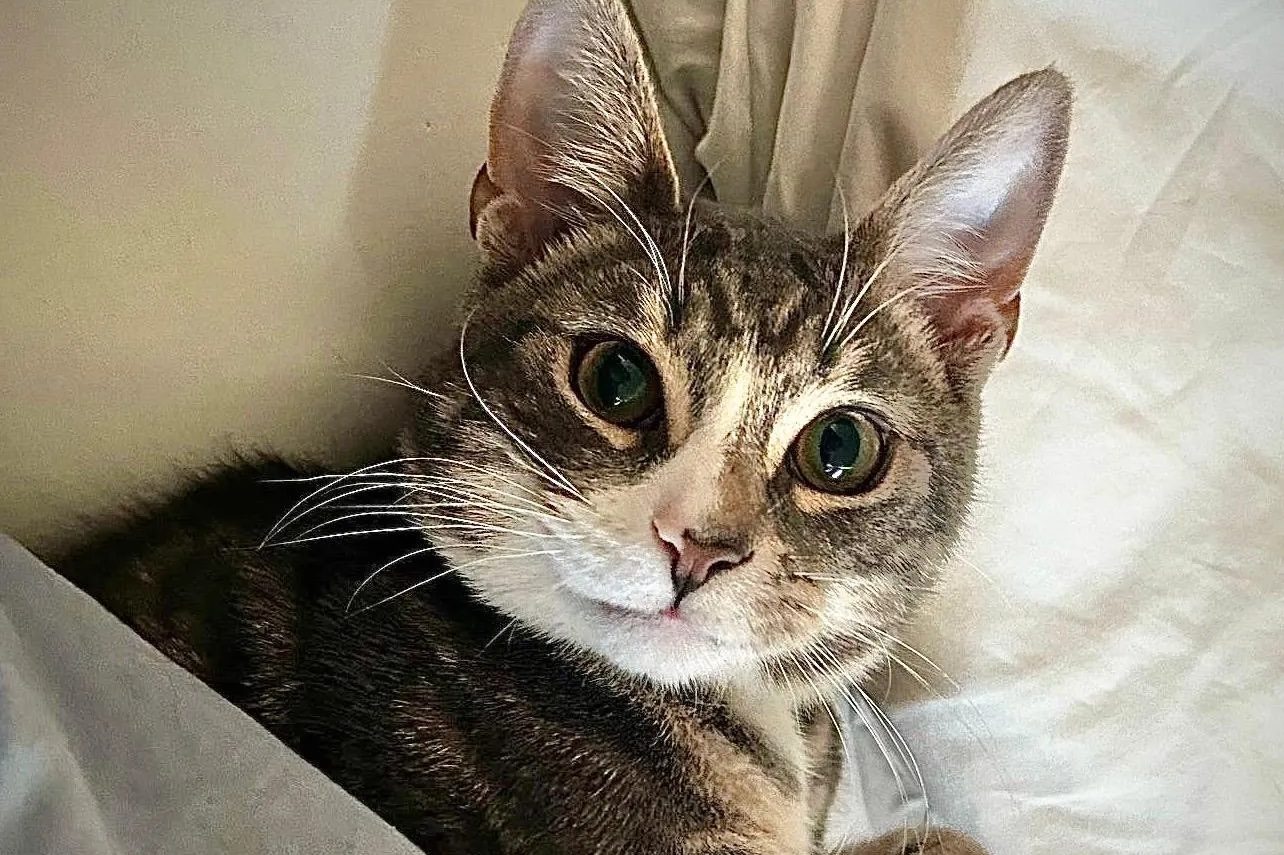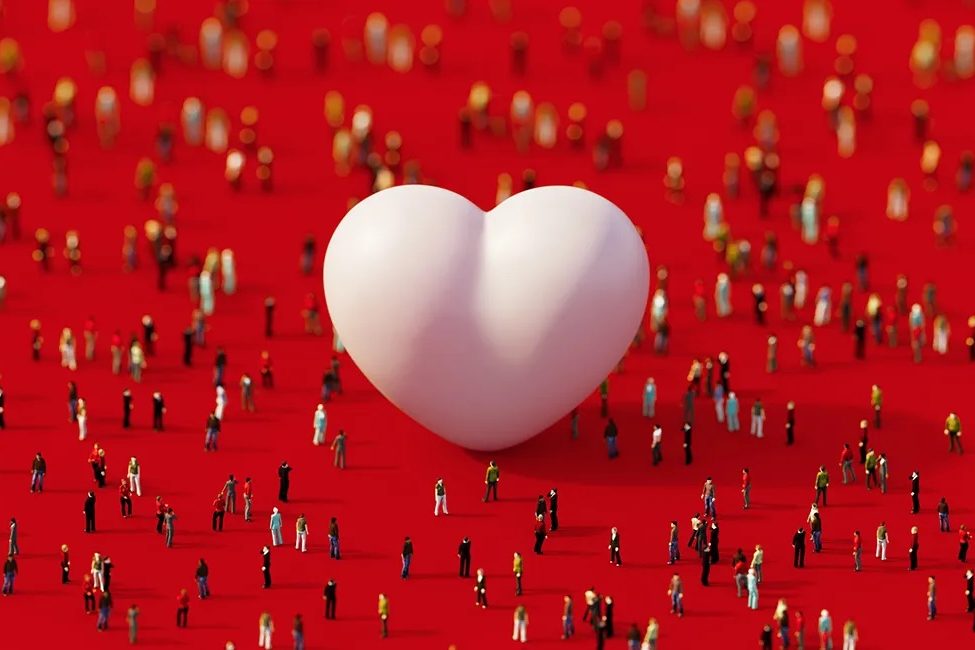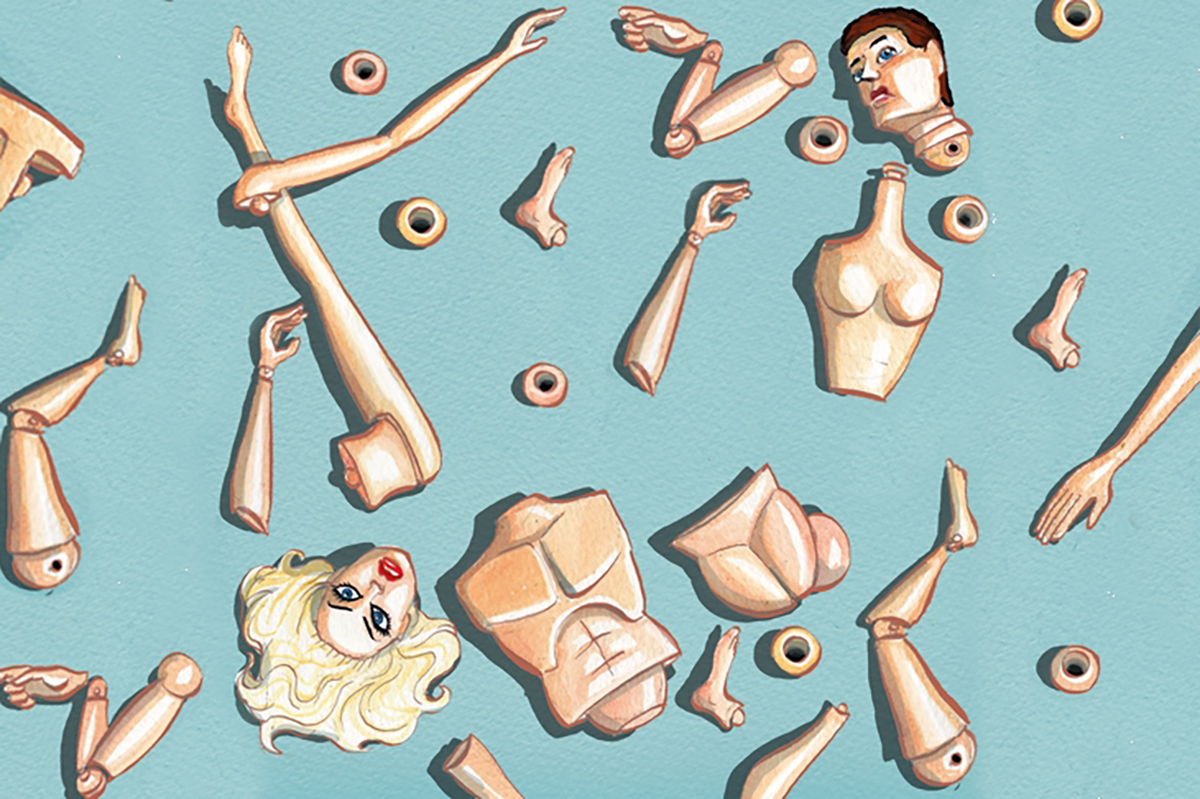I laughed when my Spanish midwife mentioned in passing that in Latin American countries they have a custom for new mothers known as la cuarentena — the quarantine. This was back in late February, a few weeks before my daughter Lily was born. I remember thinking it seemed not only ludicrous but archaic for a woman to spend a 40-day period stuck at home after giving birth. Modern mothers got on with life. I planned to do just that.
I had invested in all the necessary equipment. The car seat was installed. I had bought the state-of-the-art breast pump which connects to my phone. My husband and I had chosen the pram because the slick adverts boasted that it could fit into the overhead locker of an airplane. Friends with children assured us they had managed to get out and about pretty quickly; a newborn wasn’t going to stop us doing the same.
The British government had other ideas. A week after Lily arrived, Boris Johnson appeared on our television telling us not to leave the house unless it was completely necessary. My dreams of being a free-roaming super-mother were dashed. The whole country was in la cuarentena. It felt strangely comforting to know that everyone else was now at home.
I’d like to be able to say that I stand by my initial dismissal of la cuarentena. But the truth is, 52 days — and counting — after giving birth, lockdown has felt like a far better start to motherhood than what I had originally planned. It has given me more time to learn how to care for a child. My diary has nothing in it. The weddings we had planned to go to have all been canceled. I have spent most of the past eight weeks sitting with my daughter, feeding her, comforting her when she cries and lulling her back to sleep. It has been a sweet, contemplative time.
As everyone told me, childbirth takes it out of you. Did I listen? Not really. I assumed blithely that I’d be able to bounce back quickly. I did need to recover, though, and in the confines of my own home, where I don’t have to pretend life has continued as normal, everything seems more manageable. I feared I might feel trapped when the lockdown began but in fact it has been quite liberating. What’s more, there has been almost no need to keep up appearances. No ‘fomo’ — fear of missing out. No Instagram-envy. No competitive mothering. Designer changing bags look particularly silly during a pandemic.
I start to read more about cuarentena and come across a new phrase: ‘Postpartum confinement’. It must be considered far too dated a concept to be part of modern postnatal advice, as I never heard it during my pregnancy. A little rest was advised but nobody ever suggested I should spend the first few months locked up at home, probably because the implication would be that women are fragile creatures.
But an extended period of bed rest used to be fairly standard practice after childbirth, when it was known as ‘lying in’. It could last anywhere between two weeks and two months. Up until the 1970s, some British maternity hospitals were named ‘lying-in’ hospitals. A mother would spend a week or so in hospital recovering after the birth, with her baby being attended to by midwives. Once she was home, more rest was then encouraged. The General Lying-In Hospital was one such place. It opened in 1767, closed in 1971 and is now a Premier Inn next to Waterloo station.
From my own confinement, I learn that in much of Asia, as in Latin America, postpartum confinement is still commonplace because it is considered beneficial for both the mother and baby’s health. In India, they call it jaappa, while the Chinese know it as zuo yue zi or ‘sitting the month’.
The rules sound strict but I realize that I’ve been unintentionally abiding by many of them without much effort. Don’t wash your hair. Eat hot food. Avoid exercise. Don’t leave the house. Keep yourself warm. Stay in bed. No visitors. For wealthy Chinese women intent on paying someone to enforce all of this, there are centers that specialize in zuo yue zi. The most famous is the Red Wall Maternity Care Center in Beijing, which charges up to $27,000 for a month-long stay.
Not seeing anyone has been the most testing aspect of the lockdown. Lily has met both sets of her grandparents only briefly. Health visitors no longer pop by, but instead telephone to ask about my mood and how much weight the baby has gained. Friends occasionally drift past our house, during their ‘daily exercise’ or ‘essential shop’, and we hold Lily up so they can peer at her through the front window, as if she were a zoo animal. We have escaped London twice, both times for funerals, but aside from that we have barely left the house. It has been a peculiar existence, very different to how we thought the early days of family life would look, but then life is peculiar for everyone right now.
I try to imagine whether I could have locked myself down for 40 days in normal times and I can’t. I wouldn’t have even dared try because it would have felt both rude to say no to the well-wishers and as though I was somehow betraying all the progress made on behalf of the sisterhood. What crazy logic that now seems.
Life will speed up after the lockdown lifts, whenever that may be. Before long, the pressure of modern motherhood will begin to exert itself. Family life will need to be balanced alongside work and a social calendar. I will eye up more of those gadgets promising to make everything possible. But brutal as the coronavirus has been, and nervous as it has made me as I cradle my baby in my arms, it has brought with it the chance to return to a slower-paced, more old-fashioned style of mothering. I hope it has been beneficial for my daughter.
This article was originally published in
The Spectator’s UK magazine. Subscribe to the US edition here.



